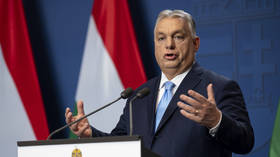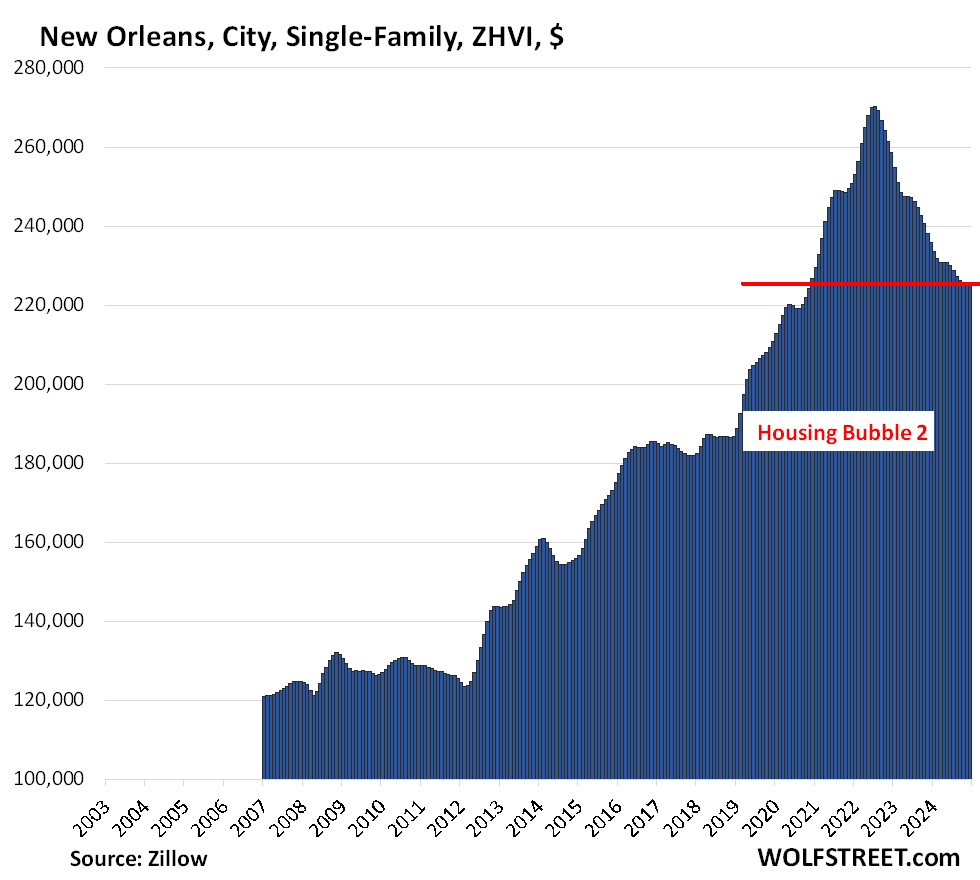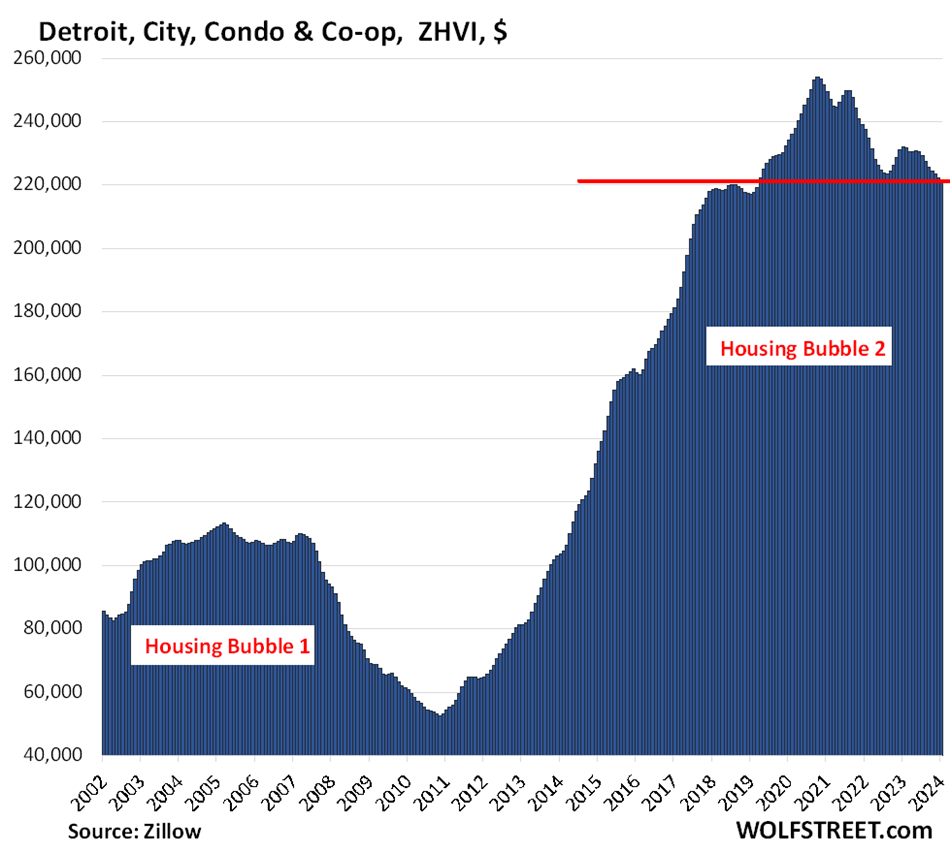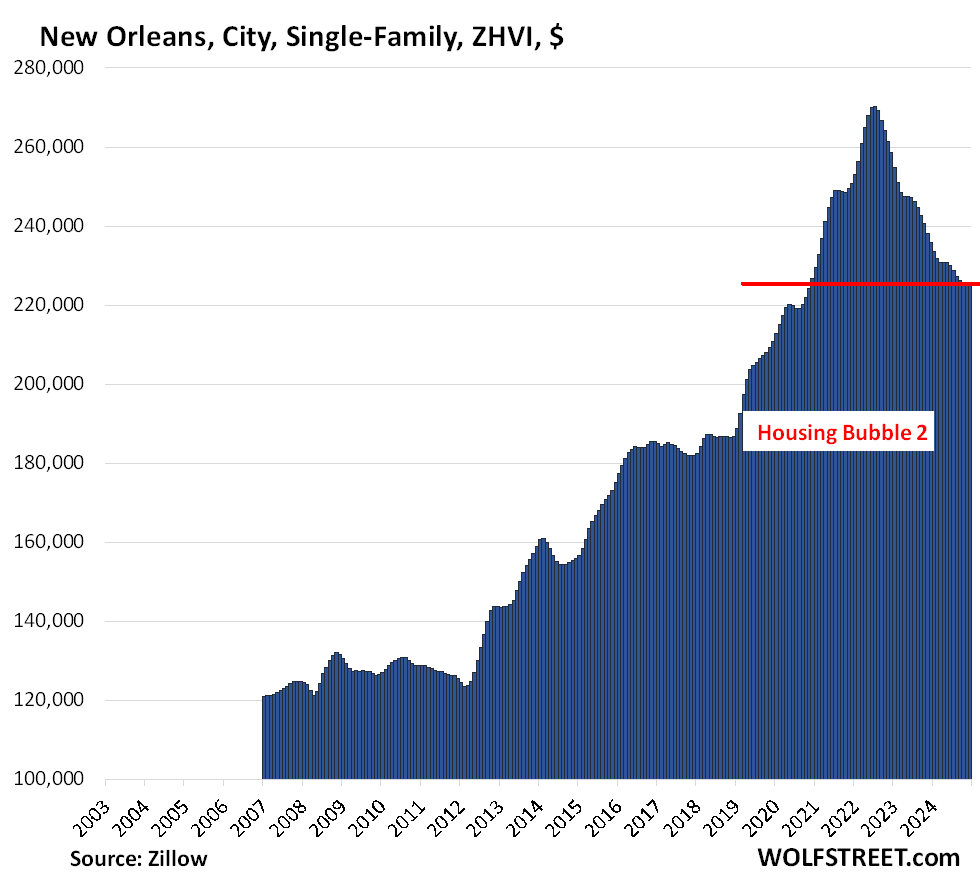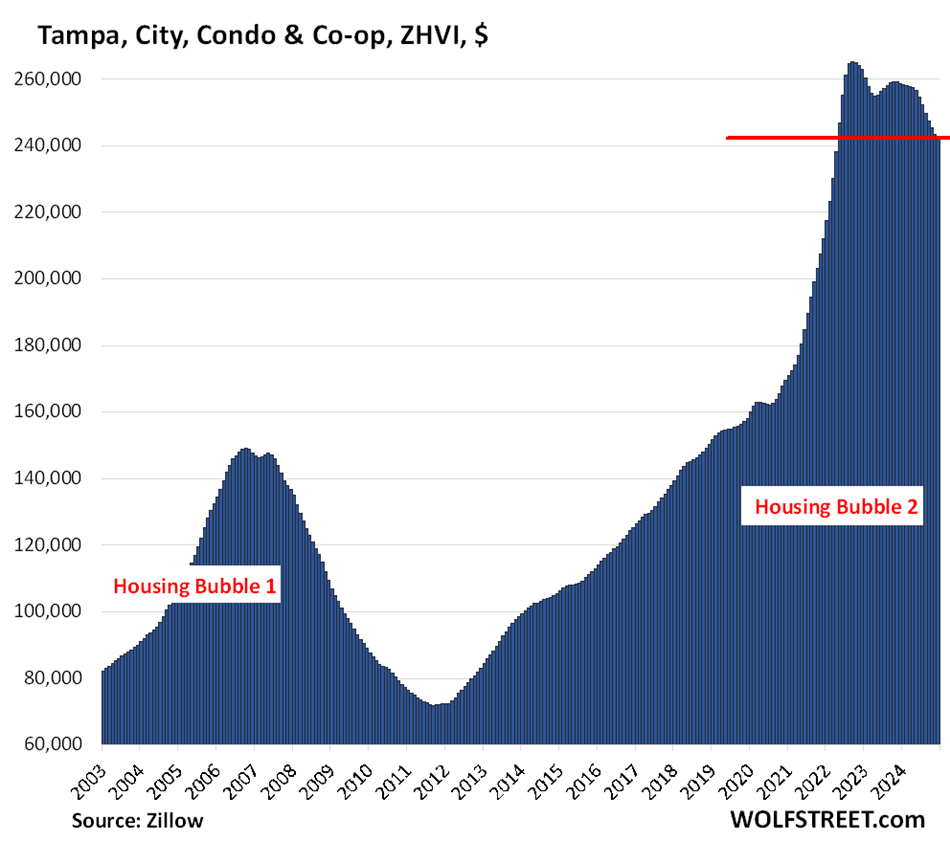Energy News Beat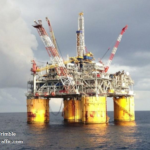
HOUSTON, Jan. 15, 2025 /PRNewswire/ — Talos Energy Inc. (“Talos” or the “Company”) (NYSE: TALO) today announced that the Katmai West #2 well located in the Ewing Bank area of the U.S Gulf of Mexico successfully encountered commercial quantities of oil and natural gas.

Key Highlights
- The Katmai West #2 well was drilled significantly under budget and ahead of schedule to a true vertical depth of approximately 27,000 feet.
- Encountered the primary target sand full-to-base with over 400 feet of gross hydrocarbon pay and excellent rock properties in line with pre-drill expectations.
- Expected deliverability from the well is in line with pre-drill estimates of approximately 15 – 20 thousand barrels of oil equivalent per day (“MBoe/d”) gross.
- The strong performance from Katmai West #1 well, and the successful appraisal from Katmai West #2 well, have nearly doubled the Proved EUR (estimated ultimate recovery) of Katmai West field to approximately 50 million barrels of oil equivalent (“MMBoe”) gross, which further affirms the company’s expected total resource potential of approximately 100 MMBoe gross.
- First production is expected in the late second quarter 2025.
The drillship West Vela began drilling the Katmai West #2 well in late October 2024. Talos plans to case and suspend the well by late January 2025 while the Company finalizes completion plans to be executed in the second quarter 2025. Production is expected to start later that same quarter. The well will be connected to the existing subsea infrastructure that flows to the Tarantula facility, which has been expanded to increase capacity to 35 MBoe/d. Talos anticipates the Katmai wells will be rate-constrained under the upgraded capacity, allowing for extended flat-to-low decline production from the facility. Talos, as operator, holds a 50% working interest, with entities managed by Ridgewood Energy Corporation holding the other 50% in Katmai West field. Talos is the 100% owner and operator of the Tarantula facility.
Talos’s Interim Co-President, Executive Vice President and Head of Operations John Spath stated, “We are proud of our team for achieving these successful drilling results. Delivering this high-impact deepwater well, approximately 35% under budget and more than a month ahead of schedule, demonstrates our ability to efficiently execute complex projects while maintaining top safety and environmental standards. We remain optimistic about the greater Katmai area, as these results align with our pre-drill expectations about its gross resource potential. We look forward to having this well on production and believe it positions us for strong value creation as we move forward into 2025.”
ABOUT TALOS ENERGY
Talos Energy (NYSE: TALO) is a technically driven, innovative, independent energy company focused on maximizing long-term value through its Upstream Exploration & Production business in the United States Gulf of Mexico and offshore Mexico. We leverage decades of technical and offshore operational expertise to acquire, explore, and produce assets in key geological trends while maintaining a focus on safe and efficient operations, environmental responsibility, and community impact. For more information, visit www.talosenergy.com.
INVESTOR RELATIONS CONTACT
Clay Jeansonne
[email protected]
CAUTIONARY STATEMENT ABOUT FORWARD-LOOKING STATEMENTS
This communication may contain “forward-looking statements” within the meaning of Section 27A of the Securities Act of 1933, as amended (the “Securities Act”), and Section 21E of the Securities Exchange Act of 1934, as amended. All statements, other than statements of historical fact included in this communication, regarding our strategy, future operations, financial position, estimated revenues and losses, projected costs, prospects, plans and objectives of management are forward-looking statements. When used in this communication, the words “will,” “could,” “believe,” “anticipate,” “intend,” “estimate,” “expect,” “project,” “forecast,” “may,” “objective,” “plan” and similar expressions are intended to identify forward-looking statements, although not all forward-looking statements contain such identifying words. These forward-looking statements are based on our current expectations and assumptions about future events and are based on currently available information as to the outcome and timing of future events.
We caution you that these forward-looking statements are subject to numerous risks and uncertainties, most of which are difficult to predict and many of which are beyond our control. These risks include, but are not limited to, the successful development of and production from the prospects described herein; the uncertainty inherent in estimating reserves, resource potential and reservoir performance; the outcome of exploration and drilling efforts; environmental risks; drilling, geologic and other operating risks; the profitability and results of wells described herein; timely completion of development projects; technical or operating factors; the uncertainty inherent in projecting future rates of production and cash flows; our access to capital to finance such opportunities; implementing a successful drilling program and the other risks discussed in “Risk Factors” in our Annual Report on Form 10-K for the year ended December 31, 2023 and “Risk Factors” in our subsequent Quarterly Reports on Forms 10-Q filed with the U.S. Securities and Exchange Commission (the “SEC”).
Should one or more of the risks or uncertainties described herein occur, or should underlying assumptions prove incorrect, our actual results and plans could differ materially from those expressed in any forward-looking statements. All forward-looking statements, expressed or implied, included in this communication are expressly qualified in their entirety by this cautionary statement. This cautionary statement should also be considered in connection with any subsequent written or oral forward-looking statements that we or persons acting on our behalf may issue. Except as otherwise required by applicable law, we disclaim any duty to update any forward-looking statements, all of which are expressly qualified by the statements in this section, to reflect events or circumstances after the date of this communication.
PRODUCTION ESTIMATES
Estimates for our future production volumes are based on assumptions of capital expenditure levels and the assumption that market demand and prices for oil and gas will continue at levels that allow for economic production of these products. The production, transportation, marketing and storage of oil and gas are subject to disruption due to transportation, processing and storage availability, mechanical failure, human error, hurricanes and numerous other factors. Our estimates are based on certain other assumptions, such as well performance, which may vary significantly from those assumed. Therefore, we can give no assurance that our future production volumes will be as estimated.
RESERVE INFORMATION
Estimates of recoverable hydrocarbon volumes and related measures, including estimates of total resource potential, as presented herein are based on internal data prepared by the Company’s management team in reliance on several assumptions. Reserve engineering is a process of estimating underground accumulations of oil, natural gas and NGLs that cannot be measured in an exact way. The accuracy of any reserve estimate depends on the quality of available data, the interpretation of such data and price and cost assumptions made by reserve engineers. In addition, the results of drilling, testing and production activities may justify revisions upward or downward of estimates that were made previously. If significant, such revisions would change the schedule of any further production and development drilling. Accordingly, reserve estimates may differ significantly from the quantities of oil, natural gas and NGLs that are ultimately recovered. In addition, we use the term expected “total recoverable resource” in this release, which is not a measure of “reserves” prepared in accordance with SEC guidelines or permitted to be included in SEC filings. These resource estimates are inherently more uncertain than estimates of reserves prepared in accordance with SEC guidelines.
View original content to download multimedia:https://www.prnewswire.com/news-releases/talos-energy-announces-successful-drilling-results-at-the-katmai-west-2-well-in-the-us-gulf-of-mexico-302352361.html
SOURCE Talos Energy
The post Talos Energy Announces Successful Drilling Results at the Katmai West #2 Well in the U.S. Gulf of Mexico appeared first on Energy News Beat.





